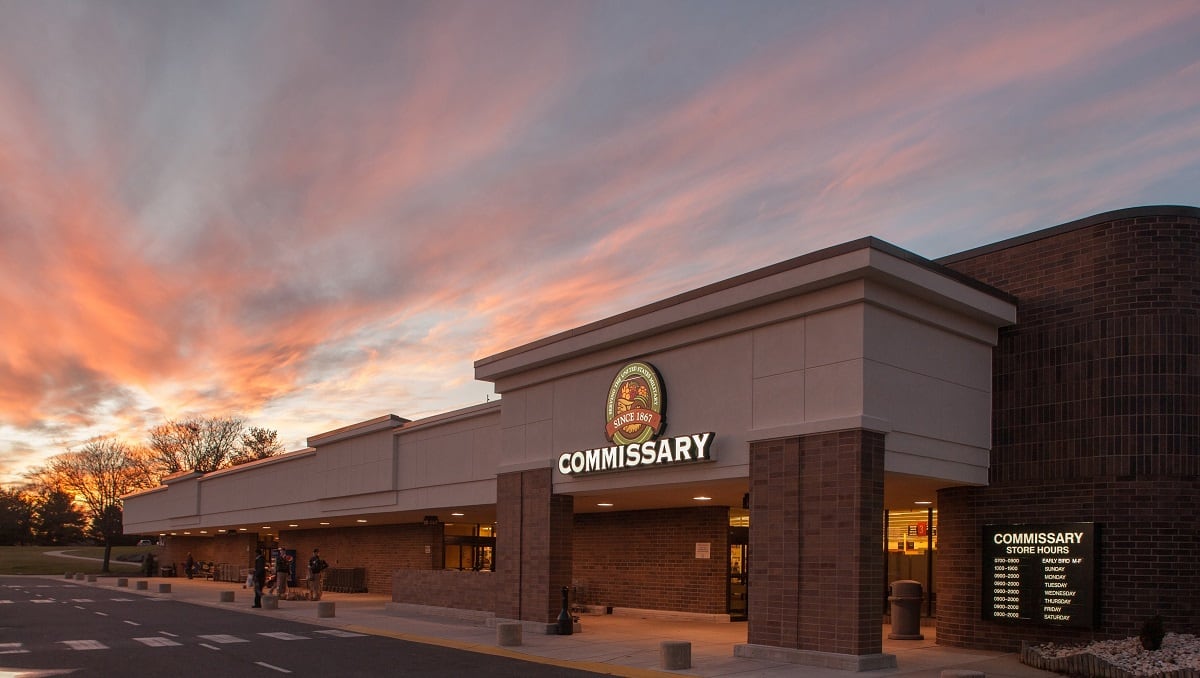Service members staying in Army hotels during a permanent change of station move will soon be paying more out of pocket if they stay beyond their allowed number of days for the Temporary Lodging Expense reimbursement.
Beginning Oct. 1, troops whose lodging allowance expires will be paying an average of $35 more per night than their housing allowance.
That’s because the 40 hotels on Army posts and some joint bases in the U.S. and Puerto Rico are reverting to their pre-COVID rates.
Since March 2020, IHG Army Hotels, a partnership between IHG Hotels & Resorts and Lendlease under Privatized Army Lodging, has been voluntarily offering a discounted rate to help families making a PCS move during the pandemic, according to Army officials who spoke on background.
The program was later extended to help families who were unable to get housing within the then-10 days of the Temporary Lodging Expense allowance. Defense officials have since extended the TLE window to 14 authorized days, but installations can request that it be extended up to 60 days.
For troops whose lodging allowance expires, IHG Army Hotels has been offering daily room rates equal to their housing allowance, even though it didn’t cover the full cost of the room.
The Temporary Lodging Expense allowance is designed to partially pay for military families’ lodging and meal expenses while changing stations. It is more generous than the daily BAH rate, but the exact amount depends on location and the number of dependents. The allowance is capped at $290 per day.
BAH rates also vary by location and the service member’s rank and dependent status.
According to an Army official who spoke on background, officials have run the numbers and compared BAH rates with the hotels’ PCS rates. The average daily BAH rate has been about $60 and the average PCS room rate was about $95. So, the difference for those who aren’t able to get housing within those 14 days will be about $35 per night out of pocket, on average.
One problem after another
Army officials began tracking usage of the BAH rate in July 21, and found that about 46% of the hotels’ PCS rooms were sold at that BAH rate. Some people didn’t use the rate for various reasons, such as being able to get into housing within 14 days, the official said. The BAH rates were primarily used at five locations: Joint Base Lewis McChord, Washington; Fort Cavazos, Fort Bliss and Fort Sam Houston, Texas; and Fort Stewart, Georgia.
In March 2020, as much of the country was shutting down during the pandemic, occupancy was dropping across the Privatized Army Lodging portfolio, reaching 20% by Memorial Day. Off-post hotels were slashing their rates because COVID was affecting every hotel, so the Army and IHG Army Hotels worked out the BAH rate, the official said.
The BAH rate was offered throughout the rest of 2020 and 2021. As the pandemic waned, the housing crunch began. Because military families were having trouble finding housing during the PCS season, Army officials went back to IHG Army Hotels to ask them to extend that BAH rate in fiscal 2022-2023.
The only time the new rate plan has come up has been at Fort Lewis, the Army official said. The general manager of the IHG hotel sent a memorandum to let people know the BAH rate program would be coming to an end.
“Some people appreciated it, because it’s good to know,” the official said. A handful of others “jumped on it and said, ‘you corporate evil privatization people,’ not knowing that for nearly four years this was voluntary” for IHG Army Hotels to offer the reduced rate to help families,” he said. “As a guy who worked to talk [IHG] into it each year, I get emotional about it, because it hurts to read people saying that about the program.”
In a statement to Military Times, IHG Hotels & Resorts officials said the company began offering the discounted rate program in the spring of 2020 to help families making a PCS move during the pandemic “and extended it beyond its originally planned conclusion at the end of the 2022 fiscal year to continue serving military members and their families who faced housing challenges.”
“Given recent military housing guidance from the DoD and our own operational considerations, we have decided to discontinue the program following the end of the 2023 fiscal year.”
The Army official noted that the rates revert back in October, when the PCS busy season is over and housing may be more readily available.
Karen has covered military families, quality of life and consumer issues for Military Times for more than 30 years, and is co-author of a chapter on media coverage of military families in the book "A Battle Plan for Supporting Military Families." She previously worked for newspapers in Guam, Norfolk, Jacksonville, Fla., and Athens, Ga.





